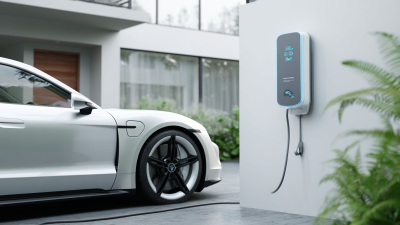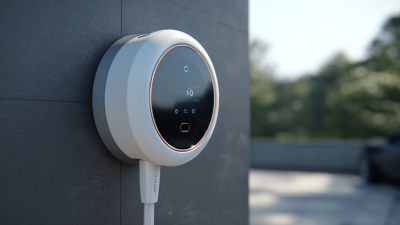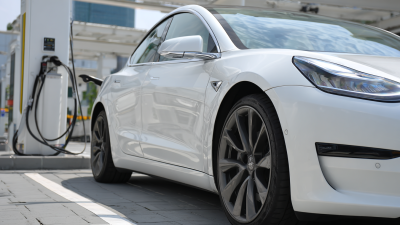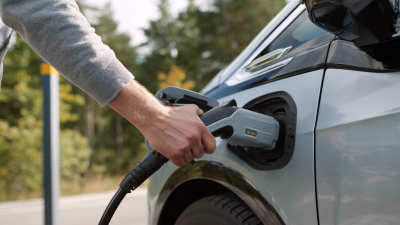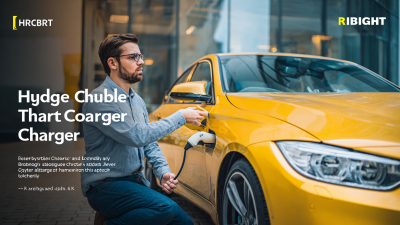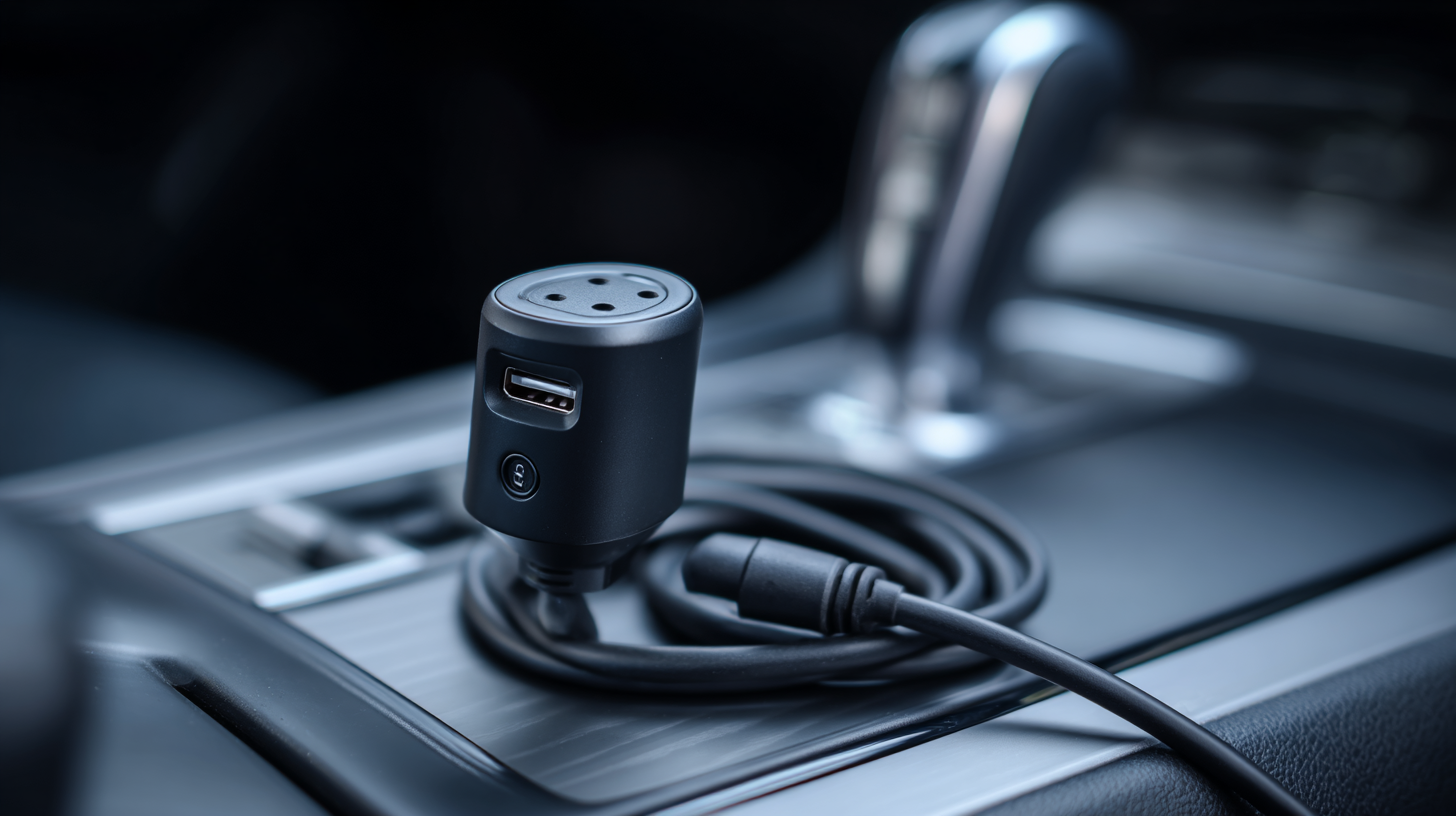 Choosing the right home car charger for your electric vehicle (EV) is a crucial decision that can significantly impact your driving experience and charging efficiency. As the global market for electric vehicles expands, with the International Energy Agency reporting that global EV sales surpassed 6.6 million units in 2021, it becomes essential for EV owners to understand the importance of a reliable and efficient home charging solution. A good home car charger not only ensures that your vehicle is charged ready for your daily commute but also provides cost savings over time by utilizing off-peak electricity rates.
Choosing the right home car charger for your electric vehicle (EV) is a crucial decision that can significantly impact your driving experience and charging efficiency. As the global market for electric vehicles expands, with the International Energy Agency reporting that global EV sales surpassed 6.6 million units in 2021, it becomes essential for EV owners to understand the importance of a reliable and efficient home charging solution. A good home car charger not only ensures that your vehicle is charged ready for your daily commute but also provides cost savings over time by utilizing off-peak electricity rates.
The variety of home car chargers available on the market can be overwhelming. According to a report by BloombergNEF, the demand for home charging stations is projected to grow, driven by the rising adoption of EVs. This underscores the need for consumers to equip themselves with the knowledge required to select the best home car charger. Factors such as charging speed, compatibility with your vehicle, safety features, and connectivity options should be carefully considered. By understanding these elements, EV owners can ensure they make an informed choice that meets their unique charging needs while maximizing the efficiency and longevity of their electric vehicle.
When selecting a home car charger for your electric vehicle (EV), understanding the different types of home EV chargers is crucial. There are primarily three types: Level 1, Level 2, and DC fast chargers.
Level 1 chargers utilize a standard 120-volt outlet, making them the most accessible option for casual EV users. However, their charging speed is relatively slow, typically adding about 4-5 miles of range per hour, which may not be sufficient for daily commuting needs.
On the other hand, Level 2 chargers, which operate on a 240-volt supply, are the preferred choice for most EV owners. They significantly reduce charging time, providing approximately 10-60 miles of range per hour, depending on the charger and vehicle. Installing a Level 2 charger at home may require professional assistance, particularly if electrical upgrades are necessary.
Finally, DC fast chargers are designed for rapid charging in public spaces rather than home use, as they deliver a substantial charge in a short timeframe but come at a higher cost and complexity.
Understanding these distinctions will help you make an informed decision tailored to your lifestyle and driving habits.
When selecting the best home car charger for your electric vehicle (EV), it's crucial to focus on key features that can enhance your charging experience. One of the primary aspects to consider is the charging speed, measured in kilowatts (kW). A higher kW rating means quicker charging times, allowing you to efficiently power your EV overnight or during short breaks. Look for chargers that offer Level 2 charging, as they typically provide faster energy delivery compared to standard household outlets.
Another essential feature is the compatibility of the charger with your specific EV model. Ensure that the charger supports the necessary connectors, as different EV brands may use varying plug types. Additionally, smart charging capabilities, such as Wi-Fi connectivity, enable you to monitor charging sessions and adjust settings via a smartphone app. This feature can provide valuable insights into energy consumption and costs, making your charging more convenient and efficient. Prioritizing these key characteristics will help you make an informed decision and enhance your EV ownership experience.
When evaluating electric vehicle (EV) charging options, understanding the difference between Level 1 and Level 2 chargers is crucial. Level 1 chargers operate on a standard household outlet, delivering around 2-5 miles of range per hour, making them suitable for overnight charging. However, their slow speed can be a limitation for EV owners who require quicker turnaround times. In contrast, Level 2 chargers utilize a dedicated power source, offering significantly faster charging speeds of 10-60 miles of range per hour, ideal for daily use and faster recharging at home.
The growing demand for efficient charging solutions is reflected in the EV charging infrastructure market, projected to expand considerably in the coming years. With the global market for bidirectional EV chargers surpassing USD 1.4 billion in 2023 and expected to grow at a rate of 22.8% through 2032, it is evident that consumers are increasingly prioritizing charging speed and convenience. As electric vehicle adoption accelerates, the importance of selecting the right charger type will only continue to rise, underscoring the need for robust home charging solutions that align with an owner's lifestyle and driving habits.
When selecting a home car charger for your electric vehicle (EV), compatibility with your specific model is crucial. The variety of charging standards and connector types can be overwhelming. For instance, according to the U.S. Department of Energy, there are three main types of charging connectors: Type 1 (SAE J1772), Type 2 (Mennekes), and the CHAdeMO standard for fast charging. Tesla has its proprietary connector, which requires an adapter for most home chargers. Ensuring that your chosen charger is compatible with your EV’s plug type not only guarantees optimal charging efficiency but also prevents potential safety hazards.
Furthermore, the charging speed is another aspect closely tied to compatibility. Different EV models have varying maximum charging rates, often measured in kilowatts (kW). A report by the International Council on Clean Transportation found that while most residential Level 2 chargers offer charging speeds of 3.7 to 22 kW, not all vehicles are capable of handling such power. For example, older models of the Nissan Leaf can only take advantage of up to 6.6 kW, whereas newer models from brands like Hyundai can support up to 11 kW. Therefore, assessing both the plug compatibility and the charging capacity of your EV will ensure you choose the best home car charger suited to your needs.
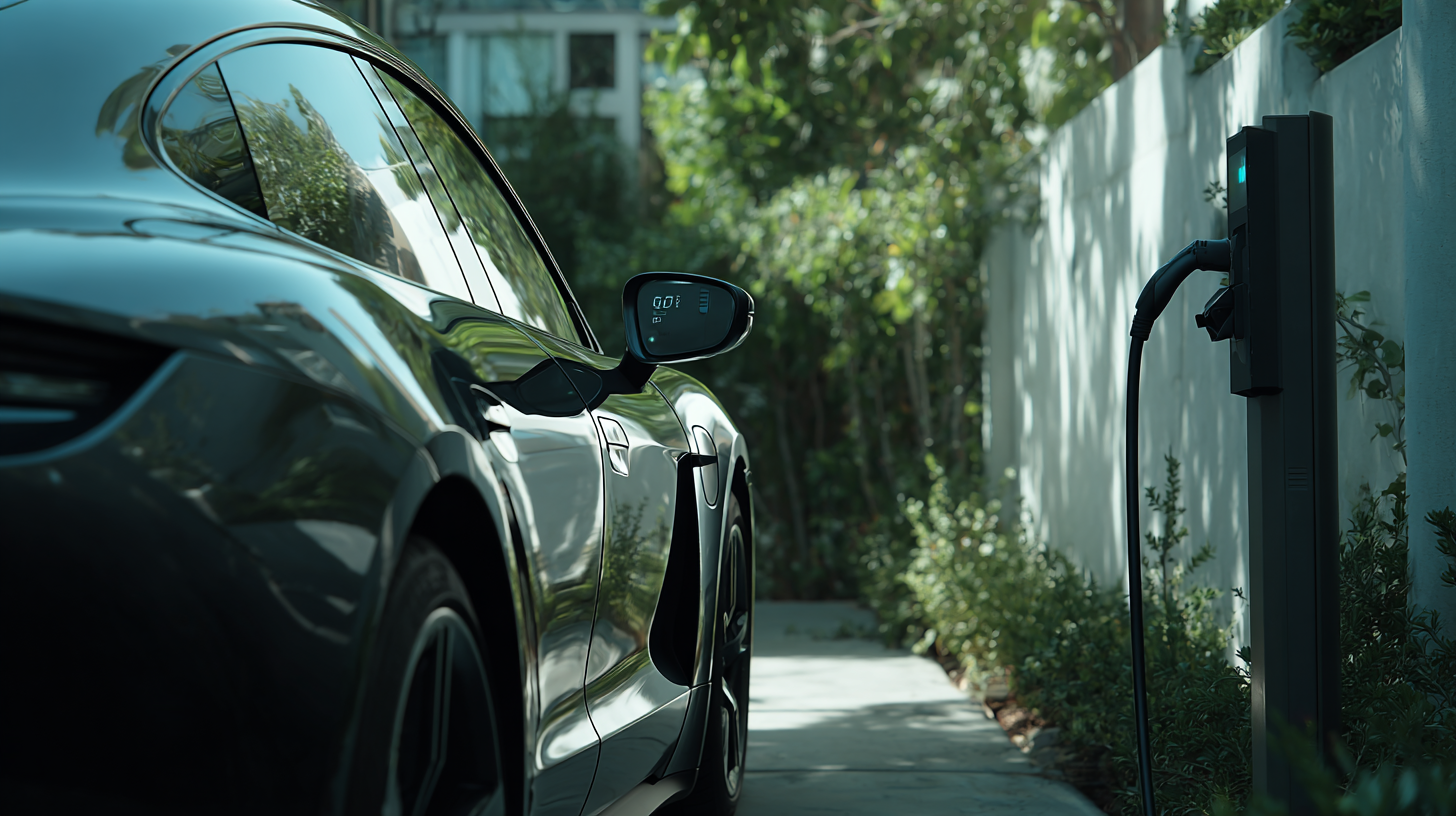
When budgeting for your home EV charger and installation costs, it's crucial to assess both the price of the charger itself and the associated installation expenses. Home EV chargers vary widely in price, with basic Level 1 chargers starting around $300, while more advanced Level 2 chargers can range from $500 to $1,500 or more, depending on features and power outputs. Additionally, consider any necessary electrical upgrades to your home’s wiring or panel capacity, which can add several hundred dollars to your overall budget.
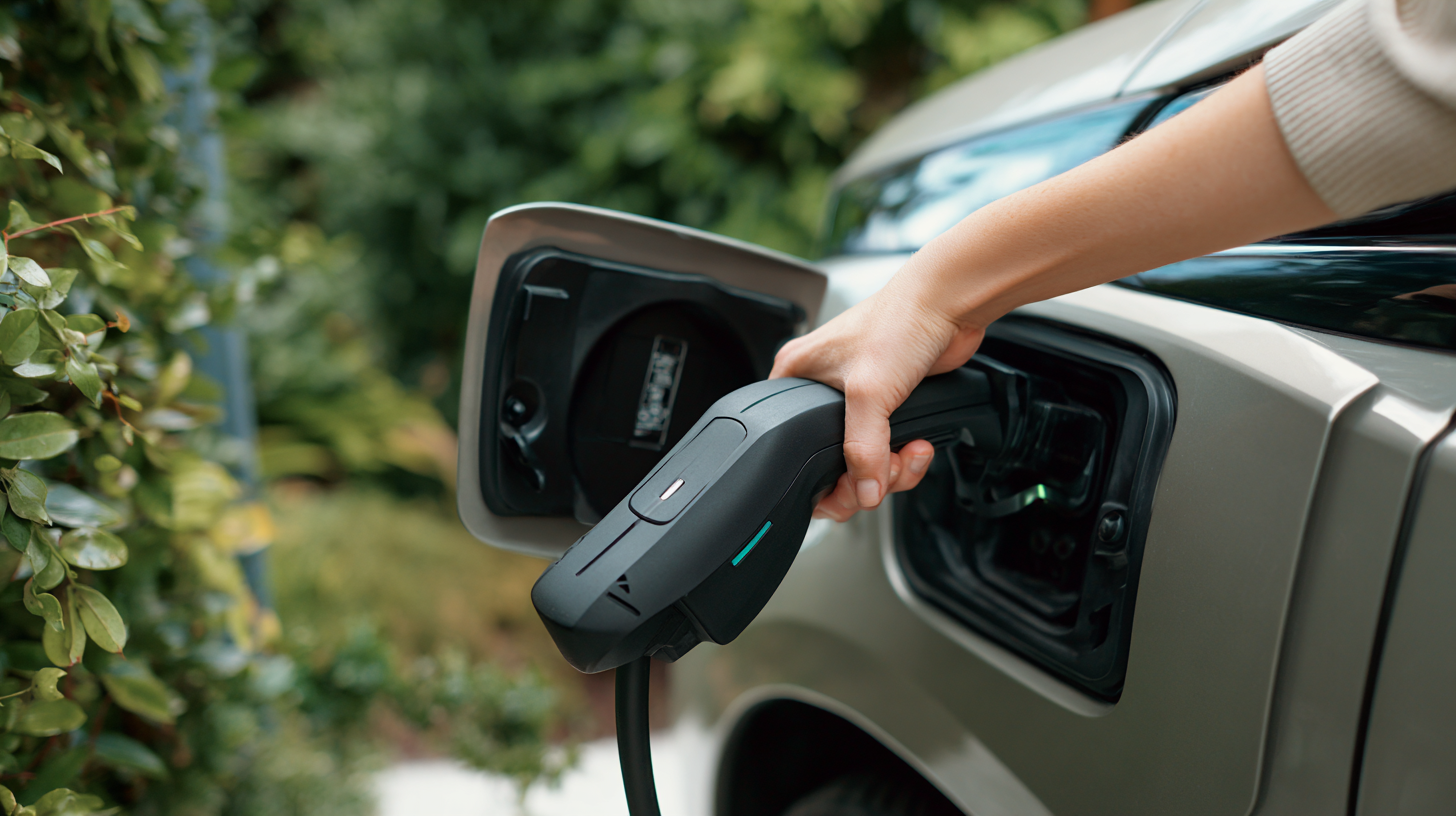
Installation costs can also fluctuate significantly based on your location and the complexity of the installation. Hiring a licensed electrician is recommended to ensure safety and compliance with local building codes, and this service can typically add $200 to $800 to your total expenses. It's wise to request multiple quotes from professionals, as this can help you find a competitive rate. By carefully evaluating these costs and planning your budget accordingly, you can make an informed decision and ensure your home charging solution is both efficient and affordable.
